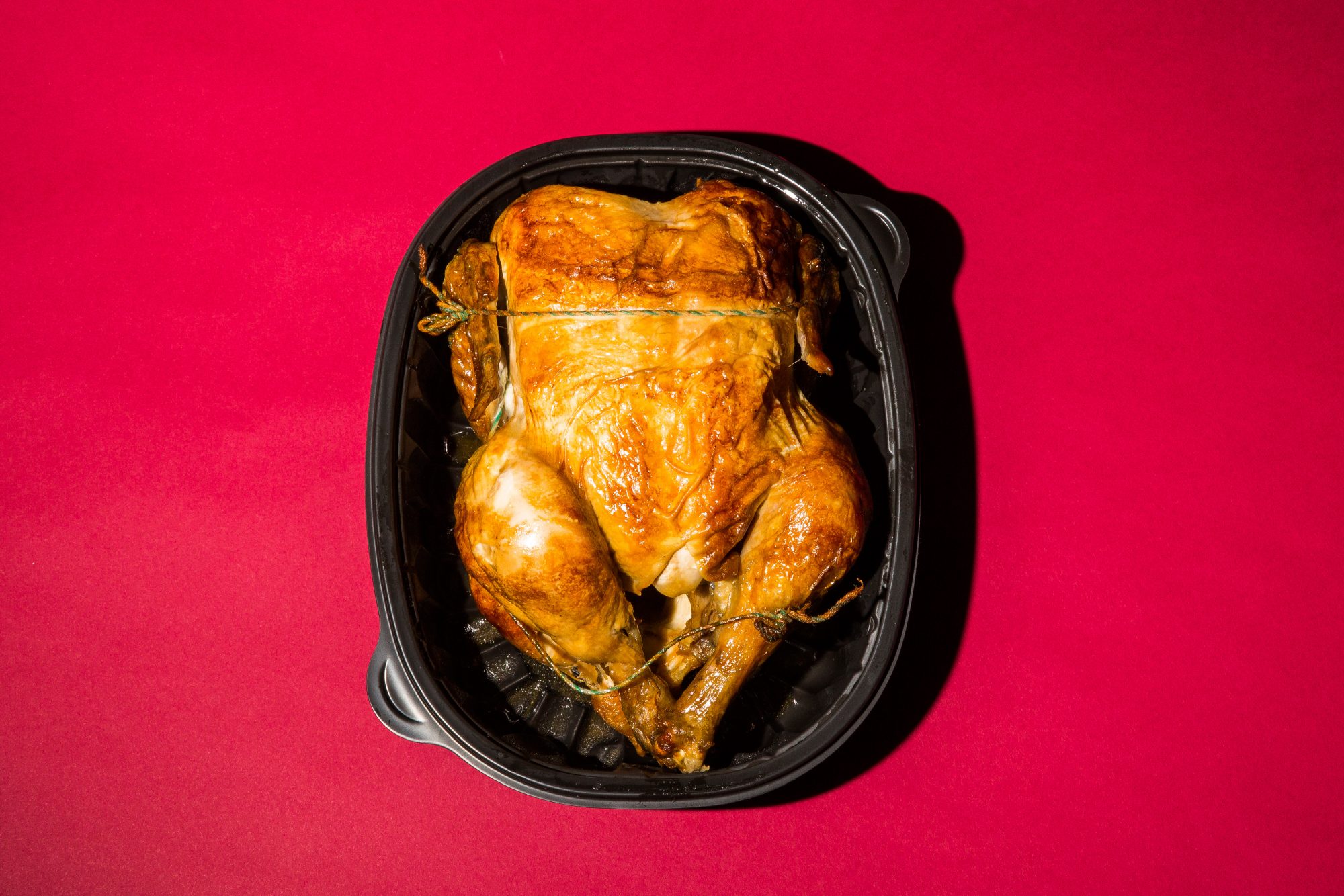Raising baby chicks can be an incredibly rewarding experience. However, ensuring their safety is paramount, especially when it comes to keeping predators away from the brooder. Predators can pose a significant threat to the well-being of your chicks, and understanding how to protect them is crucial for any poultry enthusiast.
In this article, we will explore various strategies for keeping predators away from brooder setups, ensuring your chicks have a safe and nurturing environment to grow in. By implementing these protective measures, you can rest easy knowing that your chicks are secure from harm.

Understanding Common Predators
Before diving into prevention techniques, it is essential to understand which predators pose risks to your brooder. Common predators include raccoons, snakes, rats, and even domestic pets. Each of these predators has unique behaviors and strategies for accessing brooders, making it vital to tailor your defenses accordingly.
Identifying Predator Signs
Recognizing the signs of predator activity can help you take early action. Look for signs such as tracks, droppings, or disturbed bedding near the brooder. Unusual noises at night or missing chicks could also indicate a predator problem.
Choosing the Right Brooder Location
Selecting an appropriate location for your brooder is the first step in keeping predators away. Ideally, the brooder should be placed indoors or in a secure outbuilding. If an indoor location is not possible, choose a spot that is easily monitored and away from dense vegetation where predators might hide.
Indoor vs. Outdoor Brooders
Indoor brooders offer the best protection against predators, as they utilize the existing security of your home. If you opt for an outdoor brooder, ensure it is placed within a secure enclosure or coop. Consider using hardware cloth rather than chicken wire, as it provides better resistance to predators attempting to break in.
Securing the Brooder
A sturdy brooder structure is essential for preventing predator access. Use durable materials and ensure that all openings are covered with strong wire mesh. Doors and lids should be securely fastened with latches or locks to prevent entry.
Using Hardware Cloth
Unlike chicken wire, hardware cloth is robust and more difficult for predators to chew through. Cover all ventilation points and openings with hardware cloth to add an extra layer of security to your brooder.
Implementing Additional Security Measures
Beyond basic structural security, there are additional measures you can take to enhance protection. Motion-activated lights and cameras can deter nocturnal predators, while alarms can alert you to potential threats.
Lighting and Surveillance
Installing motion-activated lights around your brooder area can startle and deter predators. Additionally, consider setting up security cameras to monitor for any unusual activity. These cameras can provide peace of mind and valuable insights into how predators are attempting to access the brooder.
Using Natural Deterrents
Natural deterrents can be effective in keeping predators away from your brooder. Consider using predator urine, such as fox or coyote, around the perimeter of the brooder area to create an olfactory barrier that deters other animals.
Homemade Repellents
Homemade repellents using ingredients like garlic, hot pepper, or vinegar can also be sprayed around the brooder to discourage predators. These solutions are environmentally friendly and safe for your chicks.
Maintaining a Clean Environment
A clean brooder environment is less attractive to predators. Regularly remove food scraps, spilled feed, and waste that could attract unwanted animals. Keeping the area tidy will reduce the risk of predator visits.
Cleaning Schedule
Establish a regular cleaning schedule for your brooder to ensure it remains sanitary and less appealing to predators. For guidance on cleaning, visit our article on chick brooder cleaning.
Training Dogs as Protectors
If you have a dog, training it to protect your chicks can be an effective deterrent against predators. Dogs can be taught to patrol the area and alert you to any potential threats.
Dog Breeds for Protection
Certain dog breeds are more suited for guarding livestock. Consider breeds like Great Pyrenees or Anatolian Shepherds, which have natural instincts for protection and herding.
Community and Online Resources
Joining local poultry groups or online forums can provide valuable insights and advice on protecting your chicks. Sharing experiences with fellow poultry enthusiasts can also lead to new strategies and solutions.
External Learning
For more comprehensive tips, check out the guide to setting up a chick brooder on Backyard Chickens.
Conclusion
Keeping predators away from brooder environments is crucial for the safety and growth of your chicks. By understanding potential threats and implementing a combination of structural, natural, and technological deterrents, you can ensure a secure and nurturing environment for your poultry. Remember, vigilance and proactive measures are your best allies in protecting your precious chicks.

FAQs
What is the best way to predator-proof a brooder?
Using hardware cloth instead of chicken wire, securing all openings, and utilizing motion-activated lights are effective ways to predator-proof a brooder.
Can natural deterrents be harmful to chicks?
Most natural deterrents, like garlic or vinegar sprays, are safe for chicks when used correctly. Always ensure that deterrents do not directly contact the chicks.
How often should I clean the brooder?
Regular cleaning is essential to maintain a sanitary environment. A weekly cleaning schedule is recommended, but adjust according to the number of chicks and brooder size.
This article contains affiliate links. We may earn a commission at no extra cost to you.











